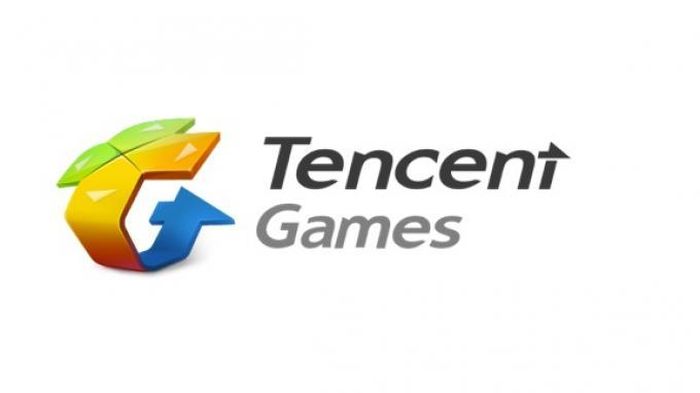
Manu Reyes/Freepik
Illustration of Children Playing Games
GridGames.ID – As if tightening the security system, China added regulations or regulations on a new verification system for gamers.
So, Every Chinese citizen who wants to play the game, will be required to use the real name for their In Game Nickname (IGN).
The system was originally announced by state media during the ChinaJoy event, the country’s largest video game fair.
Also Read: Riot Games Announces Manga Drawing Contest with Prizes, Here’s How to Enter!
Feng Shixin, as the official of the Communist Party’s Central Publicity Department, stated that when this system is used, game developers will be asked to join the system in groups.

Tencent Games
Several gaming companies such as Tencent and NetEase already use their own verification systems.
One of them uses facial recognition software to log into the game.
This system has been around for a long time, and the Chinese government has pushed for this regulation on the grounds that they need to protect minors.
China is known for its security system.
Earlier this year, China also banned the sale of a game called Animal Crossing: New Horizons because players created artificial content to post the “Free Hong Kong” message.
Also Read: Kuy! Get acquainted with the New Mode in PUBG Mobile ‘Ancient Secret’

Nintendo
Game Animal Crossing: New Horizon
This is because it goes against a government regulation that says games cannot contain anything that “threatens China’s national unity, sovereignty or territorial integrity”.
Also Read: Playing 100+ Xbox Games on Android, Project xCloud Coming Next Month!
How are you guys? It’s interesting that we can know the regulations that exist in the Chinese government, especially about the game industry which is currently growing rapidly in the bamboo curtain country.
PROMOTED CONTENT
Featured Videos
